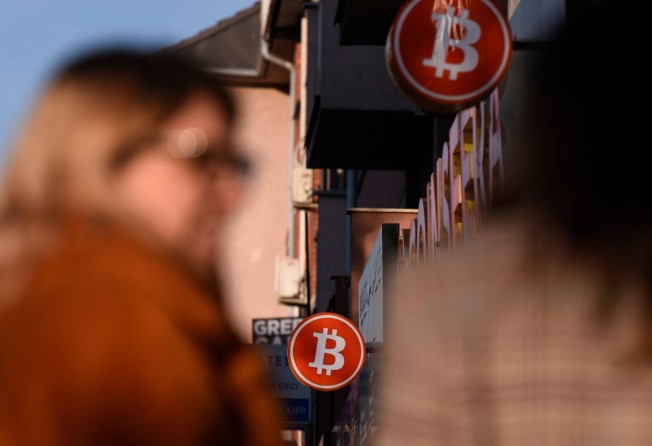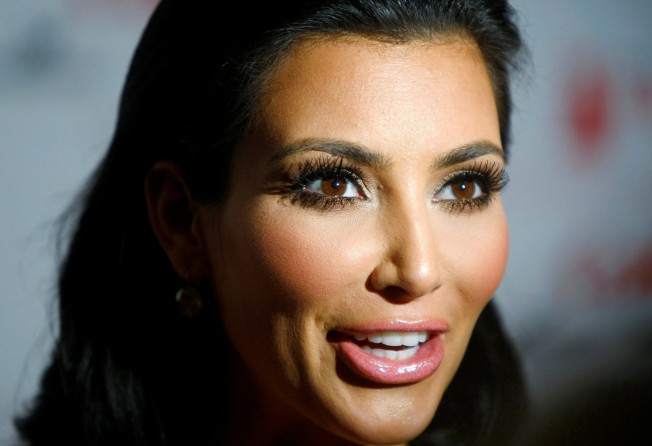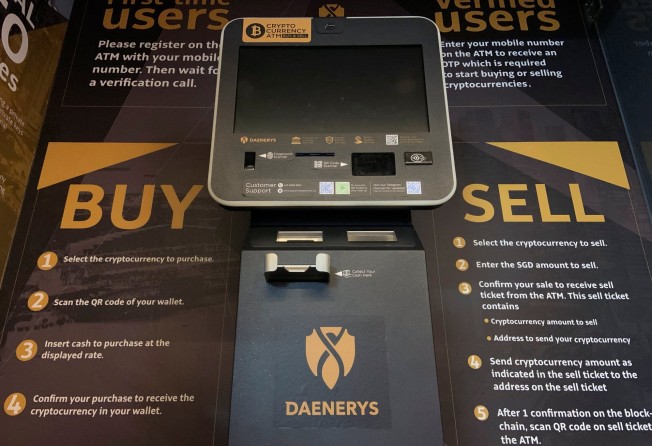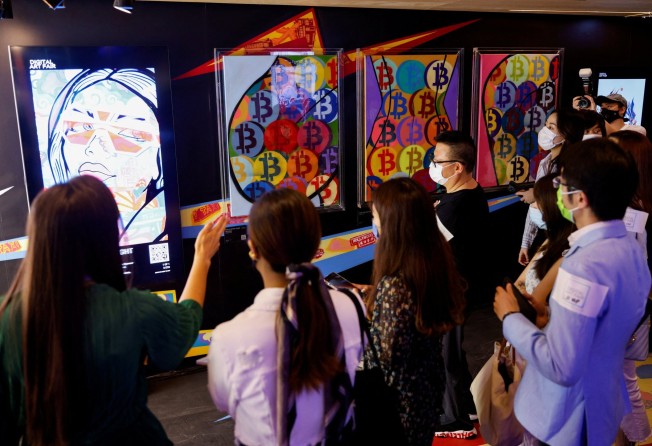
Wild west of art NFTs needs regulating, but government oversight is not the answer
- Government regulation to curb cryptocurrencies and, by extension, regulate art NFTs will prove fruitless given the internet’s ability to reach any determined consumer
- Instead, we need a system of decentralised governance working in tandem with private entities to prevent predatory trades

The recent explosion of art non-fungible tokens has given rise to many such NFT projects throughout the world, with sales in the billions of dollars in 2021. Current top NFT projects include Ethereum-based CryptoPunks, the Bored Ape Yacht Club and Decentraland, to name but a few.
The growth of consumer interest and rise in prices have sparked a debate on what some have called the unethical nature of art NFTs, pointing to their adverse environmental impact and apparent ability to attract scammers and money launderers.
Seeing this concern, should NFTs be governed and, if so, is regulation feasible?
Art NFTs do have issues that need addressing. The high carbon cost of NFTs, for one, necessitates regulatory intervention. The process of creating, or minting, art NFTs typically involves significant amounts of computing energy to solve complex puzzles.
Ethereum, one of the most prominent platforms for NFTs, generates a significant carbon footprint every time an NFT is minted through its proof-of-work framework. By one estimate, an average single-edition NFT generates over 200kg of carbon emissions during its creation process.
While there have been efforts to enable climate-friendly NFTs, the emphasis on ensuring zero carbon impact is something that must weigh on the minds of NFT creators.

Additionally, unethical behaviour surrounding NFTs, such as pump-and-dump schemes, has become commonplace in the market. Other types of predatory behaviour include bidding scams, counterfeit NFTs and untrustworthy storage sites.
Celebrities like Kim Kardashian and Floyd Mayweather have recently been sued in a class-action lawsuit for their participation in the EthereumMax (EMAX) token, which has been alleged to be a “pump-and-dump” scheme.
Another critical concern around NFTs is the use of third-party systems that mint art without an artist’s permission. This can be most clearly seen in the limitations of DeviantArt’s NFT theft AI system, which can only alert creators that their art has been minted but offers little in the way of recourse for artists to reclaim their proprietary art from minting entities.

Lastly, the unstable price fluctuations of NFTs combined with the pseudo-anonymous nature of cryptocurrencies have created a market ripe for money laundering.
Purchasing NFTs with illicit funds and reselling the digital product for “clean” digital currencies is an issue that will become increasingly commonplace as more threat actors transition to exclusively using digital currencies for transactions.
Unfortunately, many of the behaviours described above, while extremely unethical, are not illegal. The dubious nature of NFT markets has seemingly paralysed policymakers, who traditionally have failed to keep pace with technological developments in private industry.
After all, if these NFTs are seen as art, how can the government judge what is considered artistic or not?
Some countries like China and Bangladesh have taken to banning cryptocurrencies outright with the goal of reducing currency platform availability as a whole, with art NFTs feeling the effects of such legislation as well.
Singapore, Britain, and Spain have taken a contrasting approach to addressing this problem, with Singapore issuing guidance this month for digital payment token service providers to cease public and third-party advertisements of the products in the island nation. Spain is introducing regulation on how cryptocurrencies are advertised and Britain plans to target misleading adverts.

On the whole, however, government regulation to curb cryptocurrencies and, by extension, regulate art NFTs will prove fruitless given the internet’s ability to reach any determined consumer.
Instead, governments and policymakers must seek to educate consumers on cryptocurrencies and art NFTs. This will give individuals more freedom to make decisions as they see fit, while ensuring governments can still play a role in ensuring the legitimacy needed for enterprises to grow and prosper.
Nonetheless, some regulation is necessary. While governments may not be the right entities to regulate the world of art NFTs, a system of decentralised governance, or private entities, may be a better way to effect change.
The idea of decentralised governance can be seen in the example of traffic lights, which can be timed individually, in small groups, or react to sensors, with these local solutions working cohesively to ensure traffic flow throughout a city.
Having a community of individuals vote on the legitimacy of a specific art NFT project may be one way for consumers to gauge the credibility of a project. While this form of governance is prone to groupthink, having a verification source may prove particularly helpful when individuals decide whether to enter a specific art NFT ecosystem.

Private entities can also play a role in verifying NFT legitimacy, with established NFT transaction platforms lending credibility to specific art NFT projects. Twitter’s move to help users verify their NFT profile pictures is just one example of this phenomenon.
Additionally, private entities might be able to work with governments to combat money laundering or meet “know your customer” obligations, helping to fulfil government mandates to prevent illicit fund flows by threat actors through art NFT projects.
Art NFTs are a well-established ecosystem in need of regulation. However, the very nature of these NFTs removes governments’ ability to effectively police them.
As such, governments must look to cooperate or partner with other entities, while ensuring more consumer education is available, to protect citizens without infringing on their personal freedoms.
Hugh Harsono writes regularly about cyberspace, economics, foreign affairs and technology